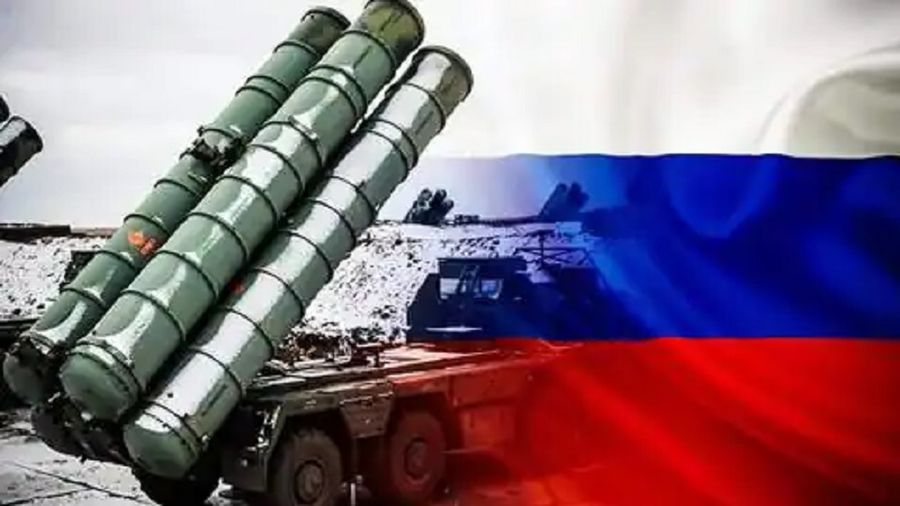The House of Representatives’ CAATSA Sanctions Waiver for India Is Impressively Pragmatic
It’s unclear whether these Representatives’ pragmatic message will proliferate among those same policymakers and strategists who are waging their counterproductive pressure campaign against India, but the sanctions waiver is still a positive step in the right direction by showing that at least some influential figures in the US appreciate their South Asian partner’s strategic autonomy.
The US has been on a spree of promulgating counterproductive policies against Russia since the start of its ongoing special military operation in Ukraine, which is why it’s so impressive that it finally did something truly pragmatic after the House of Representatives voted to grant India a CAATSA sanctions waiver for its purchase of Russia’s S-400s. Up until this point, observers could have been forgiven for beginning to speculate that the US was purposely doing everything in its power to push India further away after unprecedentedly pressuring that South Asian Great Power to publicly condemn and subsequently sanction Russia. It was therefore expected that this campaign might very well culminate in the imposition of CAATSA sanctions, yet that’s not what ended up happening.
To the contrary, the House of Representatives voted to grant a waiver to India for the same purchase that Turkey previously concluded, though that West Asian Great Power was ultimately sanctioned (albeit mostly symbolically). This very strongly suggests that these Representatives realize how counterproductive their country’s pressure campaign has been for bilateral relations with India. After all, Californian Representative Ro Khanna wrote in the amendment that he sponsored that “The United States must stand with India in the face of escalating aggression from China. As Vice Chair of the India Caucus, I have been working to strengthen the partnership between our countries and ensure that India can defend itself along the Indian Chinese border.”
India can’t maintain a semblance of military parity with China without Russia’s S-400s, which the People’s Republic also received too. These systems are regarded as among the best in the world, hence why Delhi decided to purchase them. The US, however, was furious with this deal since it’s sought to gradually chip away at Russia’s dominant position in the Indian arms market. It’s admittedly succeeded to a certain extent over the years but got greedy by demanding that India unilaterally concede on this issue of objective national security interest purely to please its new partner, which that country’s leadership flat-out refused to do because it always puts its own interests before anyone else’s. Instead of respecting India’s strategic autonomy, America counterproductively continued trying to weaken it.
The reason why this campaign continues into the present day, most recently by the American Consulate in Mumbai behaving as a viceroy by demanding that India prohibit all Russian vessels from entering its ports, is because American policymakers and strategists still don’t appreciate India’s strategic autonomy because they remain obsessed with eroding it for ideological reasons related to imposing their declining unipolar hegemony upon that rising Great Power. The House of Representatives, however, is attempting to put them in check by intervening to prevent the promulgation of CAATSA sanctions against India for its purchase of Russia’s S-400s, which would risk provoking a crisis in bilateral relations if they were ultimately imposed.
It’s unclear whether these Representatives’ pragmatic message will proliferate among those same policymakers and strategists who are waging their counterproductive pressure campaign against India, but the sanctions waiver is still a positive step in the right direction by showing that at least some influential figures in the US appreciate their South Asian partner’s strategic autonomy. After America’s spree of counterproductive policies towards Russia these last five months, it was a surprise to see that it’s finally beginning to learn some lessons, even though it can’t be taken for granted that these same lessons will lead to a fundamental shift in its policies. Nevertheless, credit should be given where it’s due, and the House of Representatives did the right thing by voting to waive those CAATSA sanctions.







